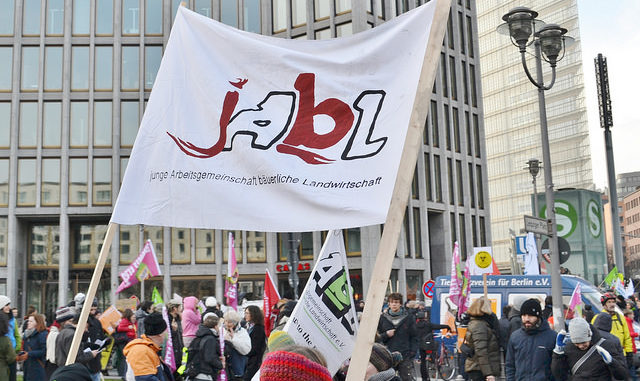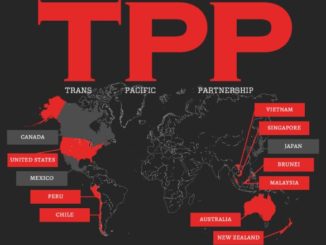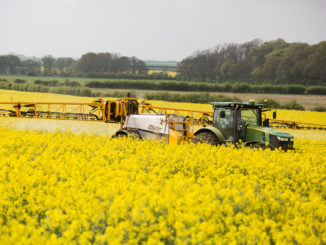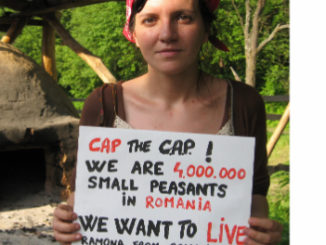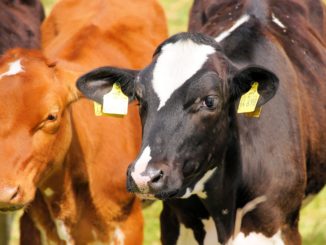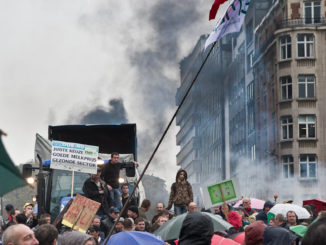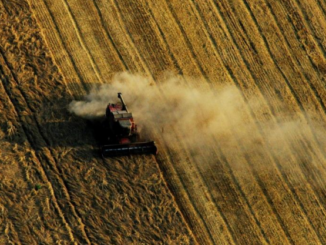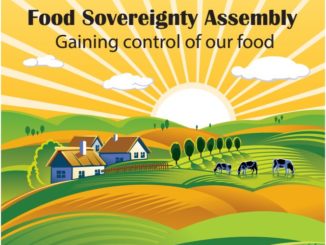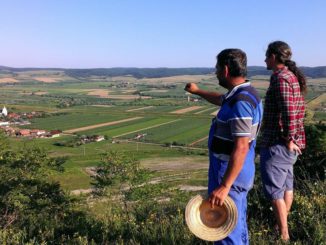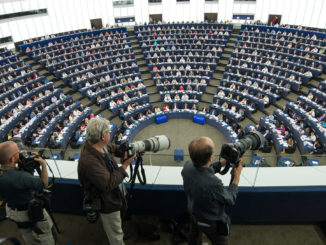Farmer protests are spreading around Europe, with six roads blockaded in France, along with food trucks carrying imported produce turned back. The UK is now seeing protests congest motorways there too. The A50 road protest has focused more on milk than the French protests. The UK’s largest farmer organisation the National Farmers’ Union (NFU), have not backed these occurrences. A spark in the UK was a further milk price drop. Arla Foods amba, a co-operative owned by 3000 diary farmers, announced yet another cut in price paid, reducing the standard litre price to 23.01 pence per litre, or about 32 euro cents. Dairy farmers are growing increasingly frustrated by the milk price crises. All across the EU, prices are plummeting. In Ireland, the price is 10-12 cent lower than the same time in 2014, typically 28c per litre from some companies, with similar stories from Germany, Lithuania and elsewhere on the Continent. “We should have learned our lesson by now, but we keep producing ever more milk, anticipating Russia and China to re-enter the market, whilst farm-gate milk prices […]
